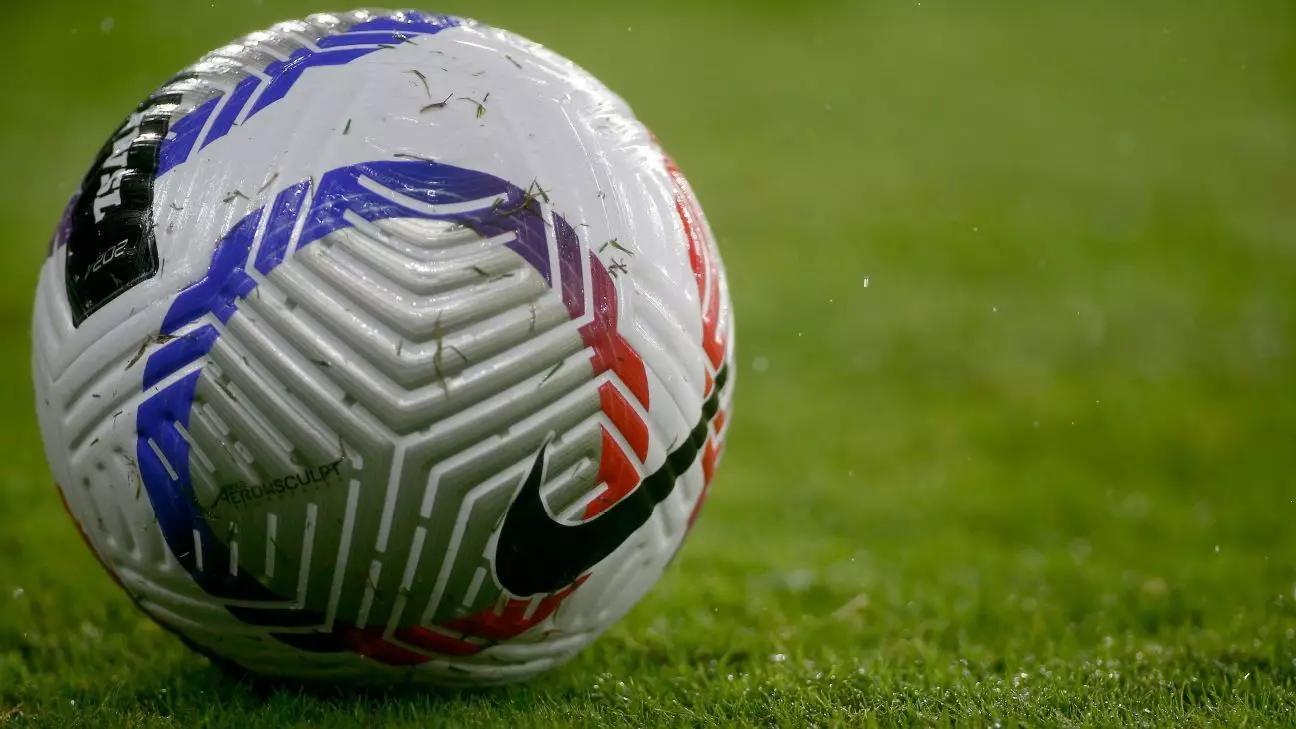The sports world often presents a glamorous façade, but behind the scenes, it can be an arena riddled with ethical breaches and misconduct. The recent lawsuit filed by five former employees of San Diego Wave FC against the club and the National Women’s Soccer League (NWSL) shines a harsh spotlight on these issues. It accuses the organization of multiple forms of discrimination, sexual harassment, retaliation, and wrongful termination. These grave accusations are reminiscent of earlier complaints made by Brittany Alvarado, a former employee, who highlighted a troubling work environment led by team president Jill Ellis. While the club promptly dismissed Alvarado’s claims, the new lawsuit builds upon these disturbing allegations, suggesting a systemic problem within the organization.
At the center of the controversy is the characterization of an “abusive and hostile work environment” perpetrated by Wave leadership. The lawsuit claims that employees raised concerns about the toxic atmosphere and sought assistance from the NWSL, only to be met with inadequate responses. The portrayal of workplace dynamics in sports, particularly in women’s leagues, often oscillates between supportive and exploitative. The claims raise essential questions about the culture within the organization and whether upper management is truly committed to fostering a safe and equal workplace for all employees. A San Diego Wave spokesperson addressed the lawsuit, indicating an ongoing legal process while remaining tight-lipped about the details. Echoes of frustration and fear reverberate through the claims, showing that the employees felt powerless to address the alleged misconduct.
Perhaps the most shocking allegations in the lawsuit detail the incidents involving a plaintiff identified as Jane Doe, who claims to have been sexually assaulted by a coworker during her initial months at the club. The gravity of such claims cannot be understated, as they highlight a serious breach of trust within an organization’s walls. Doe’s hesitance to report the incidents stems from a well-founded fear of retaliation—a sentiment that is sadly familiar to many survivors of workplace harassment. The lawsuit asserts that, rather than taking meaningful steps to address Doe’s situation, the organization responded by placing her on leave shortly after she raised her concerns and subsequently terminated her employment only days later. Such actions underscore a profound failure to protect employees who come forward seeking help.
The continuing legal saga raises significant questions about the NWSL’s accountability mechanisms. The lawsuit criticizes the league for deficiencies in their investigative frameworks, particularly regarding how allegations of misconduct are documented and analyzed. An even more concerning point is that a lack of clarity in language used by victims could prevent them from receiving justice. The investigation concerning Doe’s allegations apparently hinged on the word choice used in her report, suggesting a bureaucratic barrier that could further silence victims of harassment and assault. This raises a fundamental issue: should organizations enforce stringent criteria on how individuals report abuse, thus putting the onus on the victim instead of properly addressing their claims?
The new lawsuit includes references to two previous investigations into the Wave by the NWSL, a federation of accountability that should theoretically prevent such incidents from reoccurring. However, the necessity for multiple investigations indicates a larger, systemic issue that extends well beyond individual cases. It reflects a troubling pattern that necessitates not just reforms but a reevaluation of the existing policies governing employee treatment in women’s sports.
In a time when leagues worldwide are striving for reform, the NWSL asserts that the safety, health, and well-being of everyone involved is a top priority. Yet, their response appears ambivalent, claiming they hire independent investigators while cautioning against commenting on active legal matters. This raises skepticism regarding genuine reform versus mere public relations efforts. The gravity of the allegations calls for transparency and immediate corrective measures rather than vague reassurances.
The claims emerging from San Diego Wave FC’s lawsuit are not mere headlines; they echo a larger struggle faced within women’s sports—one that demands a swift response. Leaders within the NWSL must recognize that the culture needing transformation is not simply about punishing individual offenders but reshaping an entire organizational ethos. The time is ripe for accountability, not only in words but in actions as well. The league’s ability to evolve in the wake of these allegations will not only affect the future of San Diego Wave FC but could set the tone for women’s sports everywhere. The implications are not just about one club; they affect the broader narrative of how we treat employees within athletics, signaling the essential need for a safer and more inclusive environment for everyone moving forward.

